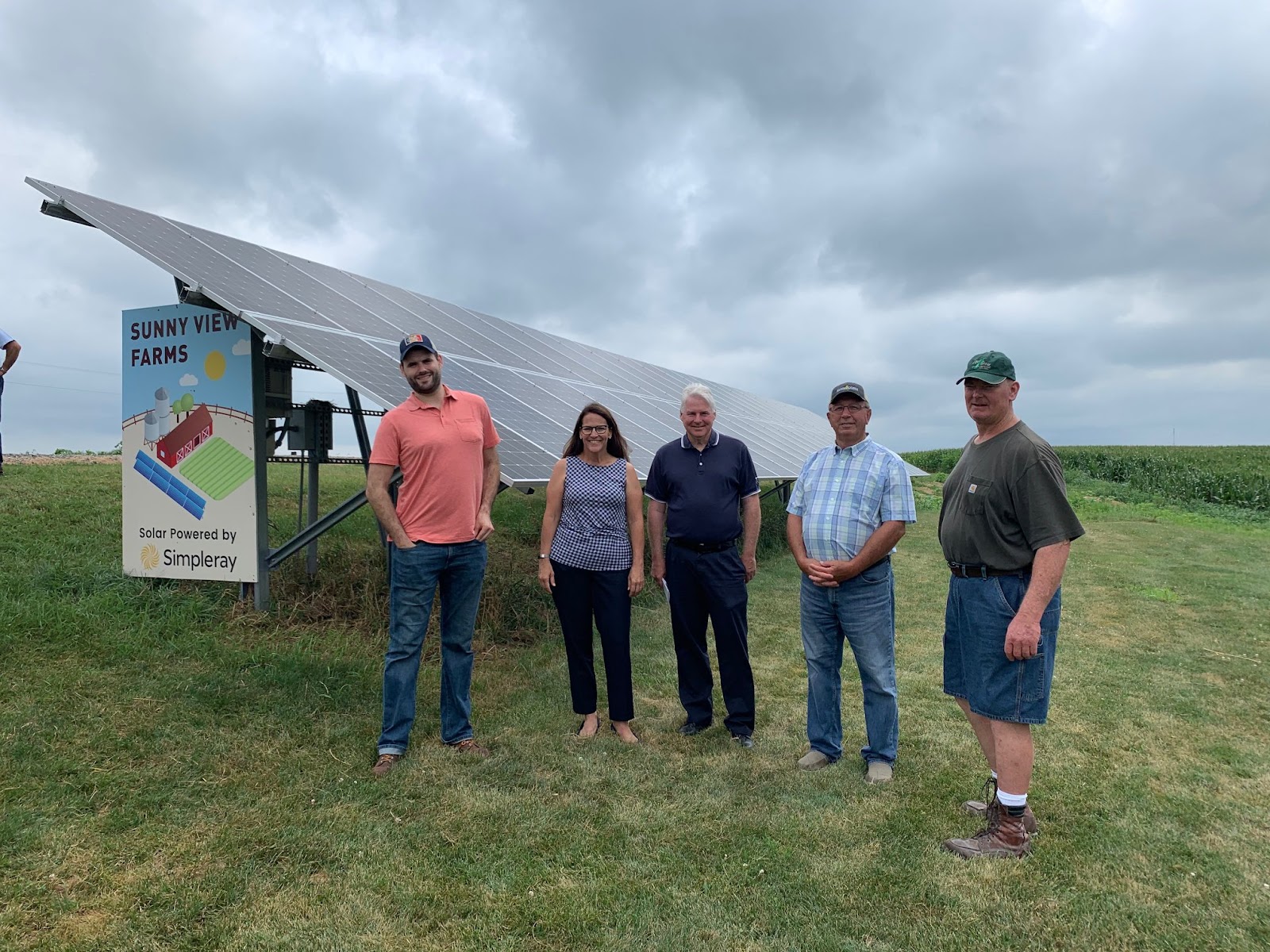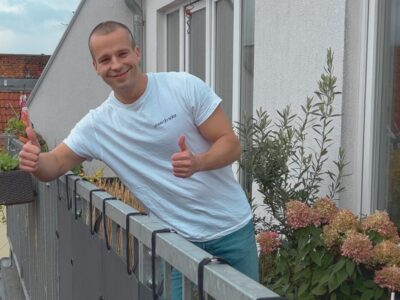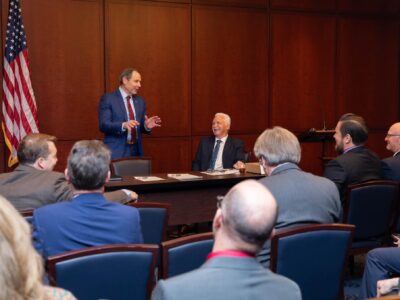In February, a subcommittee of the Iowa Legislature voted 3-0 to advance House Study Bill 81 (HSB 81), and a week later, the State House Commerce Committee voted 23-0 to advance the legislation again unanimously. Iowa Rep. Shannon Lundgren (R-IA-65), who also chairs the House Commerce Committee and is a small business owner with a restaurant and a travel agency, sponsored the bill.
HSB 81, which was renumbered House File 404 (HF 404) in the Committee report approving the bill, would create a new community solar program in the state. The program would “encourage and enhance the generation of solar energy [and] … the ability of electric utility customers to participate in and derive benefit from alternate solar energy projects.” Essentially, it would offer Iowans more energy choices and lower energy costs.
Community solar enables individuals, households, businesses, nonprofits, schools, and others to subscribe to the system and pay for part of the energy generated by a solar project via a monthly fee. Subscribers receive electric bill credits based on the dollar amount paid by local utilities for the electricity created from their share. Thus, community solar subscribers see lower monthly energy bills. Iowa House Representative Hans Wilz, who owns a family-run retail business, explained, “Our Community Solar initiative provides Iowans with more affordable energy options, serving as one component of a broader, holistic energy strategy. By implementing this solution, we aim to generate cost savings for Iowans.”
Under the legislation, projects of up to 5 MW can be installed on ground mounts on farmland, thereby avoiding interfering with crop growth. They can also provide new uses to building rooftops or other pieces of land, with projects of up to 20 MW permitted on brownfield sites. These leases would generate consistent annual income for land and property owners. “Additionally, its smaller scale makes it well-suited for brownfield spaces, underutilized areas that currently have no other viable uses, maximizing efficiency and sustainability,” Rep. Wilz elaborated.

Photo Courtesy Iowa Conservative Energy Forum
In the last three months, many lobbyists have supported the bill, including representatives for Americans for Prosperity, the Center for Rural Affairs, the Iowa Farmers Union, the Iowa Solar Energy Trade Association, and the Iowa Conservative Energy Forum. The latter serves as a platform for Iowan conservatives to push for an “all of the above” energy strategy, thereby advocating “for common-sense, market-based energy solutions that increase access to clean, affordable and reliable energy statewide,” the Iowa Conservative Energy Forum explains on its website.
Community solar promotes local project development, Nick Boeyink, Executive Director of the Iowa Conservative Energy Forum, pointed out: “In addition to lowering monthly bills, this program will encourage economic development, create jobs, support family farms, and be the foundation for a homegrown energy industry that will have a real impact on our local communities.”

Photo Courtesy Iowa Conservative Energy Forum
With the legislation advancing to the Iowa legislature’s full House, it will soon be joined by a companion Senate bill. The bill would go a long way for Iowa. According to the Solar Energy Industries Association (SEIA), Iowa ranked 33rd nationally for installed solar last year. U.S. legislators have advocated for advancing solar in the state. U.S. Senator Chuck Grassley (R-IA), for example, in 2023 introduced the Protecting Future Farmland Act to prioritize clean energy projects with soil, vegetation, and water management and conservation plans and to collect information on and develop best practices for agrivoltaics. Meanwhile, U.S. Rep. Mariannette Miller Meeks (R-IA-02) voiced support for renewable energy tax credits this year.
Additionally, Alliant Energy’s 4.5 megawatt, first community solar garden in Iowa came online last February. The company’s customers bought all 18,000 solar blocks, or subscription portions, from the Cedar Rapids Community Solar garden, with credits estimated at $30 per block. The City of Cedar Rapids, for example, subscribed to 5% of the blocks, and Alliant donated $250,000 in blocks to Cedar Valley Habitat for Humanity.





